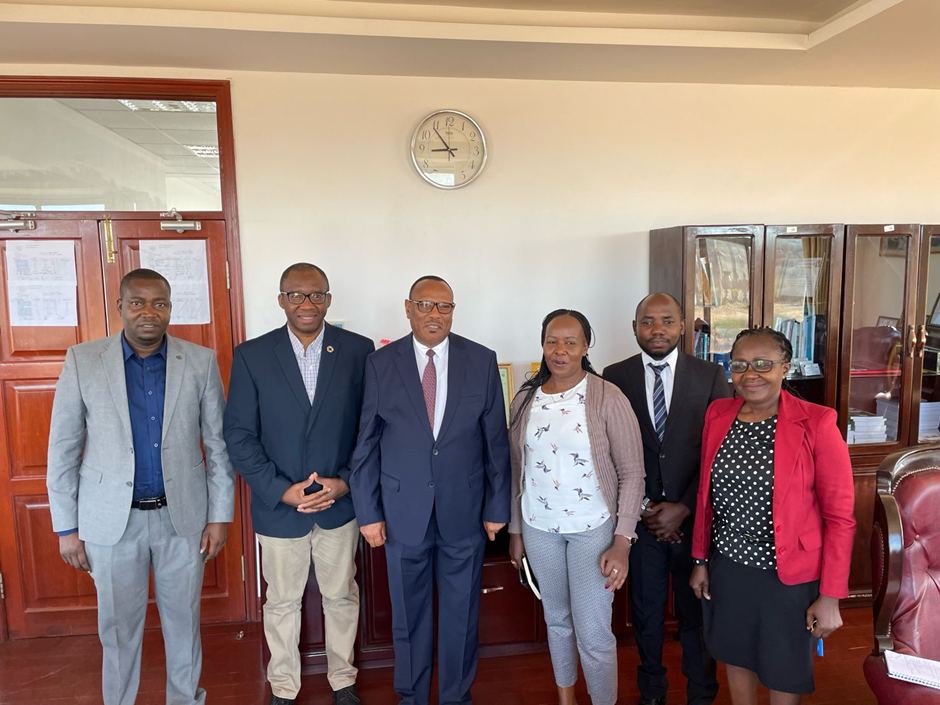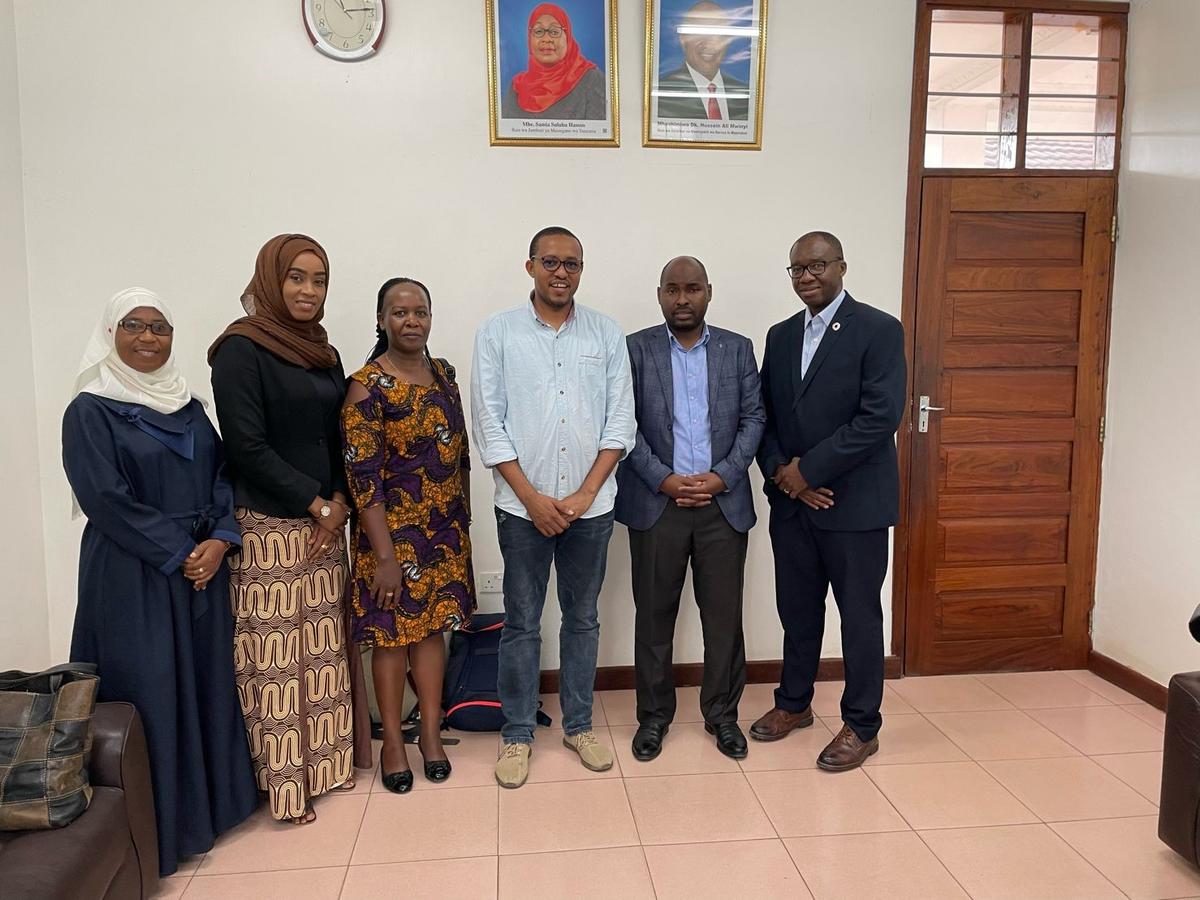
In Tanzania, mothers’ utilisation of health care during pregnancy and childbirth is increasing. This implies a huge potential to reduce maternal and new-born deaths, but there is a significant ‘quality gap’ in the services provided. While contact coverage of health services is high, effective coverage of the same is low with a small proportion of mothers and new-borns receiving those key medical interventions that can prevent or treat complications. This is mirrored in estimates that as many as 83% of all maternal deaths globally could be averted by 2020 through improving quality of care in health facilities alone, without any further increases in institutional delivery.
Antenatal (ANC) and Postnatal Care (PNC) represent a large volume of clients that seek care, as pregnant women represent the highest number of users globally at healthcare facility level (UNICEF, PNC Coverage, 2019). These are reflected in the Universal Health Coverage (UHC) focus on services delivered within Primary Health Care, that directly covers ANC and PNC. The services are expected to include advice and screening, but also testing and treatment for diseases such as malaria, HIV, tuberculosis (TB) as well as conditions such as pregnancy induced diabetes, hypertension, anaemia and other obstetric, With funding from Takeda Pharmaceuticals, this Global Fund to Fight AIDS, Tuberculosis and Malaria Maternal and Newborn Health Quality of Care programme, the Liverpool School of Tropical Medicine (LSTM) will work with the Government of Tanzania and partners (University of Dodoma and State University of Zanzibar) to deliver an implementation research programme for quality improvement of integrated HIV, TB and malaria services in antenatal (ANC) and postnatal care (PNC), with an overall aim of improving maternal and new-born health outcomes.

Working closely with the Ministry of Health and Partners, LSTM will adapt, implement, document and disseminate innovative approaches to improve the availability and quality of integrated HIV/TB and Malaria services in ANC and PNC in Tanzania.
In addition to evidence generation, the programme will help develop capacity for evidence generation in ANC/PNC in both universities via two funded PhD positions. This is in response to the needs of the institutions and the Ministry of Health.